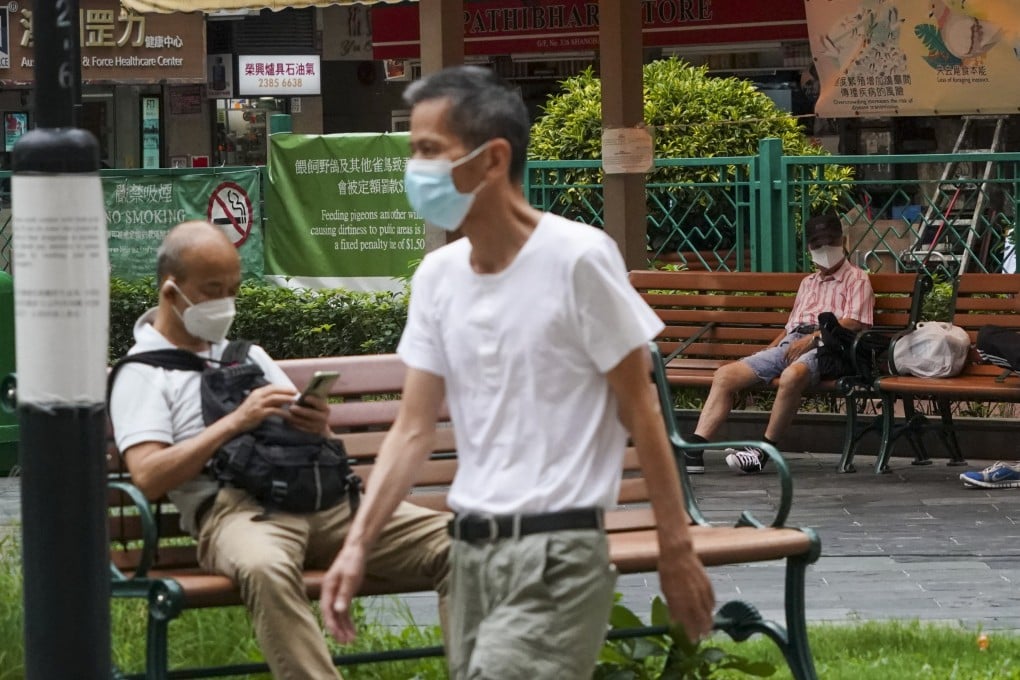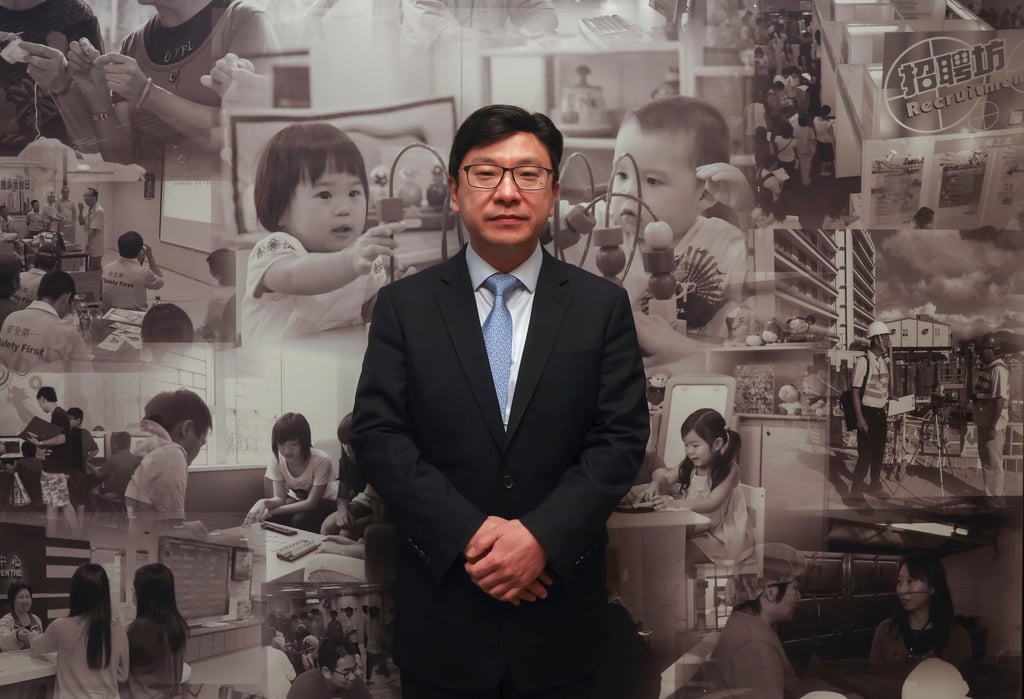Hong Kong welfare minister Chris Sun considers opening more care homes for elderly across the border to meet demand
- Authorities identify 10,000 additional residential care spaces, but waiting list is long and growing
- Operators of subsidised care homes in Hong Kong could be allowed to run new ones in Greater Bay Area, welfare minister says

Hong Kong is considering allowing more operators of care homes for the elderly to run facilities across the border to meet rising demand from the city’s rapidly ageing population, new labour and welfare minister Chris Sun Yuk-han has said.
In a media interview last Thursday, he said one of his priorities was improving the welfare of the city’s elderly residents, who number about 1.5 million.
Official projections showed Hong Kong on track to have more than one in three residents aged 65 and above, with 2.52 million in 2039 and 2.58 million in 2069.
The city already faces a scarcity of spaces at care homes for the elderly, with 22,439 people waiting for a place in subsidised facilities at the end of last month and an average waiting time of seven months to 3½ years.
“Elderly people are our top priority, as Hong Kong has been facing challenges from the ageing population,” Sun said, adding that more had to be done to meet the rising demand for such care services.

Noting that many Hongkongers were willing to retire in mainland China, he said he was looking at ways to enable more to do so, including those who wished to go to care homes there.